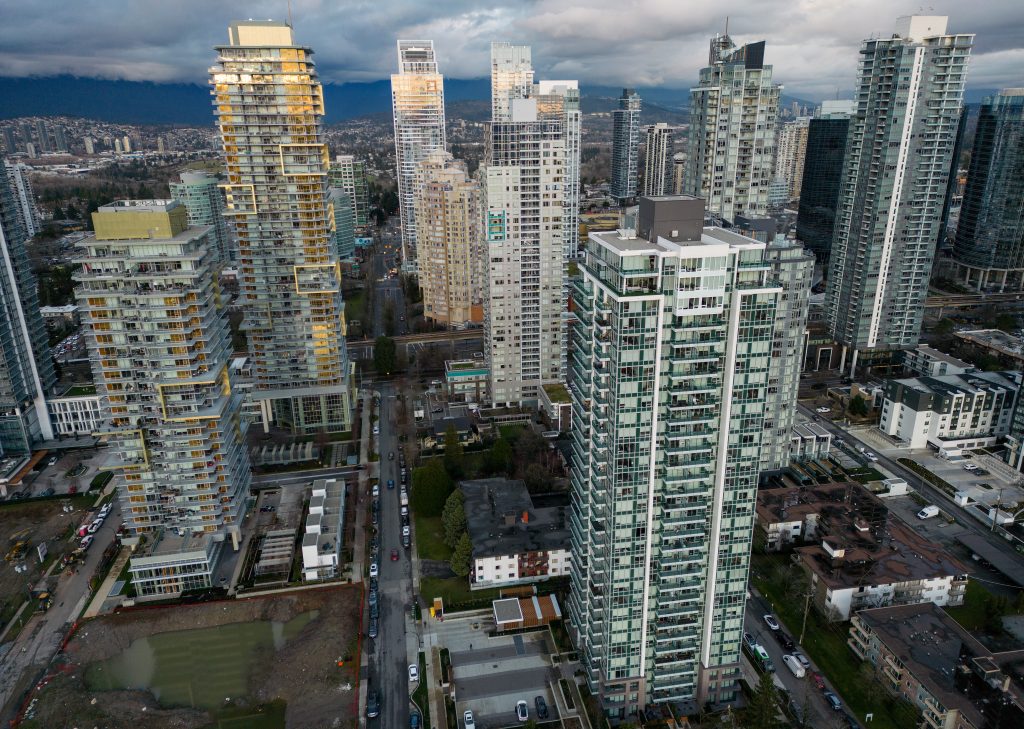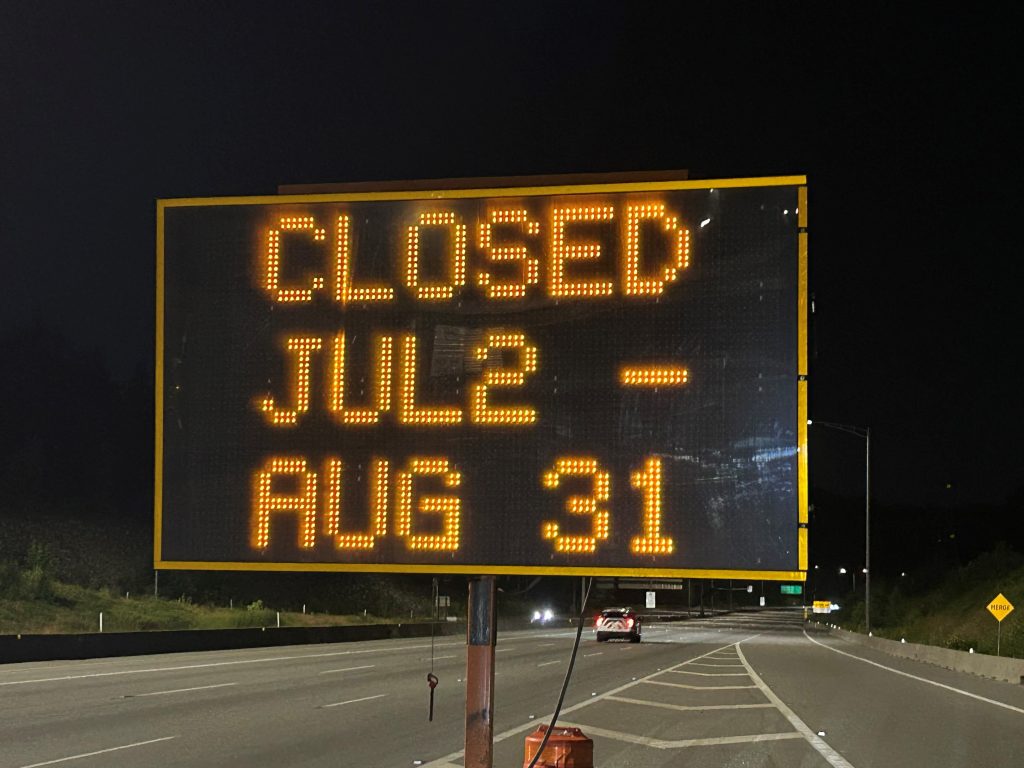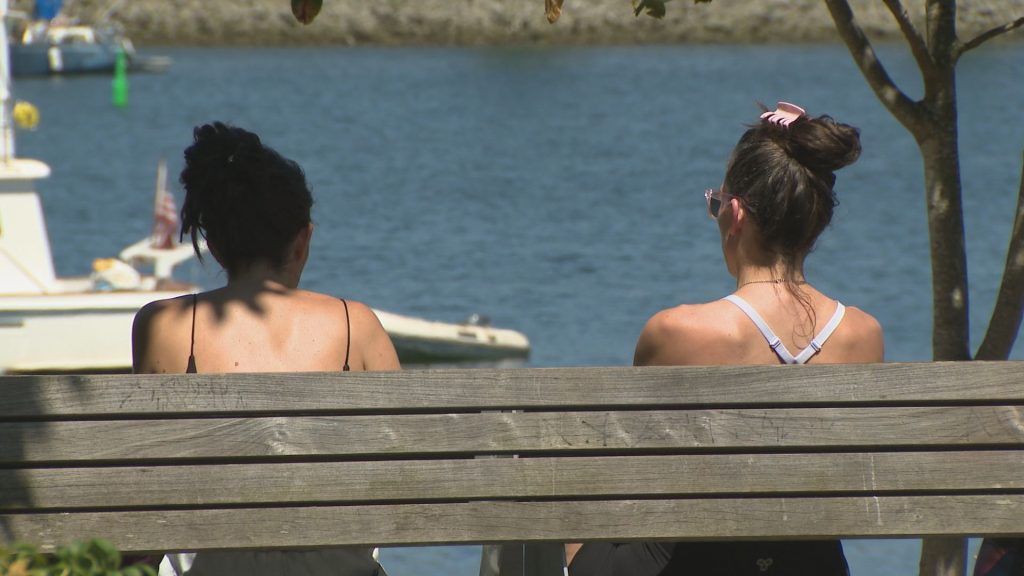Advocates are warning that the B.C. government’s move to consider removing supportive housing from the regulations of the Residential Tenancy Act amounts to a “betrayal” of the province’s most vulnerable population and will drive more people into homelessness.
In January last year, the province amended the Act, which guarantees certain legal rights for both landlords and tenants, allowing supportive housing operators to implement restrictive guest policies and conduct wellness checks.
Late last month, then-Housing Minister Ravi Kahlon announced the province is now looking at removing the protections provided under the Act from supportive housing entirely.
Related:
The ministry said the change could allow supportive housing providers to “take quick and decisive action against problematic tenants and guests, and address air-quality issues related to secondhand exposure to fentanyl.”
But Douglas King, executive director of Together Against Poverty Society (TAPS) in Victoria, says that “decisive action” means eviction.
“And the reality for people in supportive housing is, if they’re evicted from their housing site, they’re essentially being evicted into homelessness,” said King.
For many, he says, supportive housing is the last resort. And an eviction on any grounds could result in someone being unable to find housing for years.
King says that without regulations, supportive housing providers are likely to take advantage of the system to make unjustified evictions.
“We know from experience that when housing providers are given this power. They don’t always exercise it in the most fair and respectful way. So we don’t want to go back to that.”
The housing ministry said a working group composed of supportive housing providers, law enforcement, union representatives, and government and BC Housing staff would be assembled to consider the change to the Act.
King says supportive housing residents and people with lived experience need a voice in that group.
Earlier this month, he and a lawyer from Vancouver’s Community Legal Assistance Society (CLAS) penned a letter to the ministry rejecting the idea of “leaving tenants’ rights to the discretion of individual operators,” calling it a “dangerous” pathway to homelessness.
“If they had tenants in this discussion, they would hear the diversity of opinions within those buildings. Not every single person who lives in supportive housing is the same, and we hear different things from different people who live in the buildings. A lot of people want better security. They want, actually, these guest restrictions. They want safety within their housing. What they don’t want is to lose their rights.”
After a cabinet shuffle last week, MLA Christine Boyle became Minister of Housing and Municipal Affairs. A spokesperson from her newly adopted ministry said supportive housing tenants and providers have “distinct – but equally important – needs and views.”
“That’s why it’s important to keep the processes separate,” the spokesperson added, explaining that staff from the Rental Tenancy Branch meet and consult regularly with tenant advocates on a range of rental housing issues.
Related:
The minister did not provide comment on the critics’ letter, nor did she confirm if the working group would proceed under new leadership.
In a statement, Boyle says she’s honoured to step into the role at such a critical time.
“We have heard from providers that they need new tools to take action and keep people safe, and we will be working with our partners to find a path forward that ensures people can live in a safe, inclusive, and supportive environment,” said Boyle.
King says any action, even considering the change, is surprising, because the province spent considerable time and money employing a consulting firm to figure out how to structure supportive housing in recent years.
TAPS has filed a Freedom of Information request with the province to see the results of a “stakeholder engagement” conducted between 2021 and 2023 that he says did include both providers and tenants.
“The result of that study was what we currently have, where the supportive housing providers are given some exemptions but still have to respect things like the Residential Tenancy Act. When it comes to evictions, they have to give due process when they want to remove the housing from people. To see the government saying that they’re now thinking about changing that is really quite shocking, and honestly, it’s very disrespectful for all the tenants, especially those who participated in that study and gave their opinion to say that that’s not what they wanted,” said King.
He worries that the government has already made up its mind and created the working group to justify its decision.
“It feels like a betrayal. It feels like the provincial government is turning its backs on the most vulnerable tenants in these buildings, and absolutely some of the people that live in these buildings will suffer if the Tenancy Act is not giving them protections,” King said.
A homelessness advocate in Ontario says exemptions to the RTA in that province have led to unclear coverage, ripe for misuse and unjust evictions.
Chrystal Wilson, acting executive director for Our Livable Solutions, which helps people in Ontario navigate the supportive housing system, also wrote to B.C.’s ministry imploring it to include supportive housing tenants in the conversation about their own futures.
She warned that without explicit definitions, she’s seen housing providers take advantage of what it means to provide “support,” reap the subsidies, and unfairly evict tenants at will.
“One such case involved a tenant facing eviction due to a septic system backup — despite the fact that the operator had not maintained the system for three years and had not informed tenants it existed,” Wilson wrote.
If B.C. goes forward with the change, she says it needs “clear, enforceable expectations for supportive housing providers to deliver services that are aligned with the actual needs of residents.”
King says TAPS has already worked with people who were evicted “summarily without the rights protected under the Tenancy Act” and has seen the effect it has firsthand.
“The tenants who are evicted without due process, who don’t have a chance to challenge their eviction: we see it fundamentally breaking their trust in the entire system.”
“And we see those people basically saying, ‘How am I expected to live anywhere indoors now if I can’t trust my landlord to respect some of these basic rights and protections?’ And that’s ultimately what our concern is, is that every single person who’s evicted from supportive housing is looking at homelessness, that the realistic option for them is living in the shelter or on the street, and it doesn’t really create the kind of environment where they’re going to want to go indoors again if they know that they can be kicked out at any time.”





